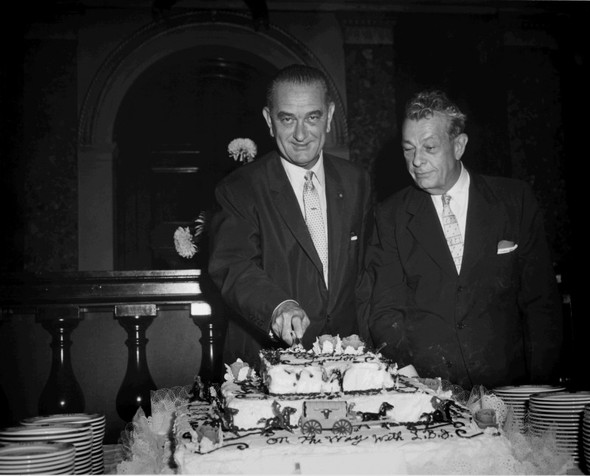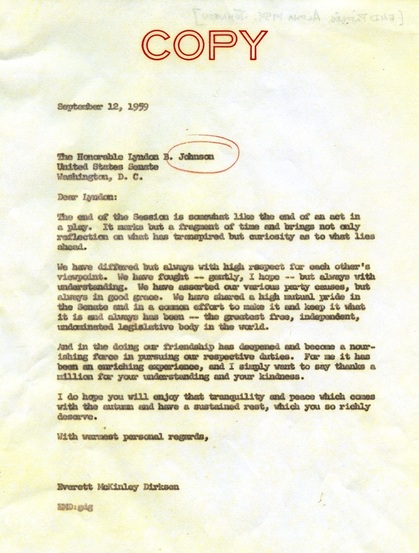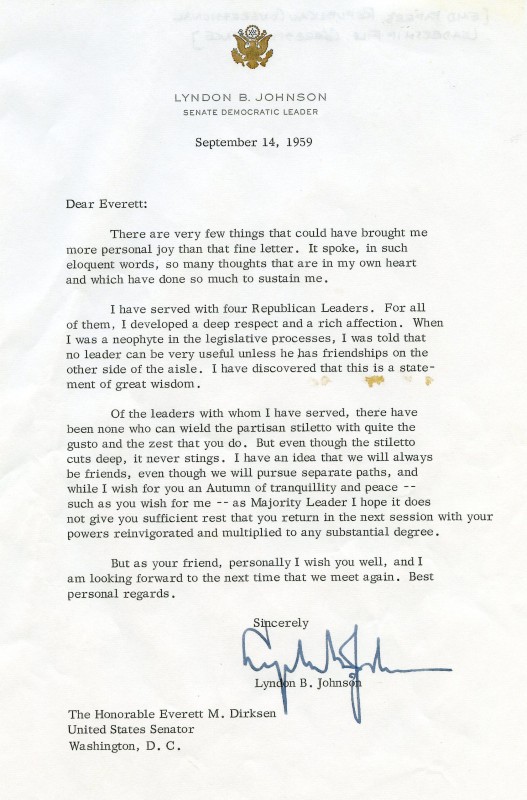|
By Ray Smock Partisanship in American politics is as old as the republic, even older. While George Washington warned us of the dangers of falling into factions, he well understood that human nature included vastly differing visions of the goals and purposes of government. We have all inherited in varying degrees the two visions of this nation as expressed by Thomas Jefferson and Alexander Hamilton. Jefferson saw a nation of small landowning farmers with local control of most governmental functions and a limited federal role. Hamilton saw the power of a centralized federal government to be the engine for building a powerful nation of commerce and trade that would rival and exceed that of the British Empire. Both views are still contained in American culture and politics. I am often asked if partisanship today is worse now than it was in the past. The answer is not an easy yes or no. Partisanship has to be examined in the context of a specific time and place. Certainly partisanship was so extreme in the 1850s to the point that it led to Civil War in 1861. And while we are not in a shooting war in 2015, the nation has been seriously divided on numerous major issues for a long time during decades of steadily increasing partisanship fueled in no small part by the rise of mass media. With this observation as background, I offer a glimpse of another time, when two Senate leaders, Everett Dirksen (R-IL) and Lyndon Johnson (D-TX), exchanged letters in September 1959. These letters were brought to my attention by Frank Mackaman, director of the Dirksen Congressional Center in Pekin, IL, who read this exchange to members of the Association of Centers for the Study of Congress at our annual meeting held at the National Archives last week. Can you imagine our current Senate and House leaders of both parties exchanging letters like the two that follow? If you can, then maybe we can begin to regain some balance in this nation’s political discourse. Senate Minority Leader Everett Dirksen to Senate Majority Leader Lyndon Johnson, Sept. 12, 1959. Majority Leader Lyndon Johnson’s Reply, Sept. 14, 1959.
Comments are closed.
|
Welcome to the Byrd Center Blog! We share content here including research from our archival collections, articles from our director, and information on upcoming events.
Categories
All
Archives
July 2023
|
Our Mission: |
The Byrd Center advances representative democracy by promoting a better understanding of the United States Congress and the Constitution through programs and research that engage citizens.
|
Copyright © Robert C. Byrd Center for Congressional History and Education
|




 RSS Feed
RSS Feed
